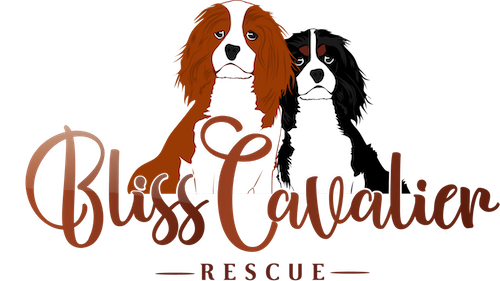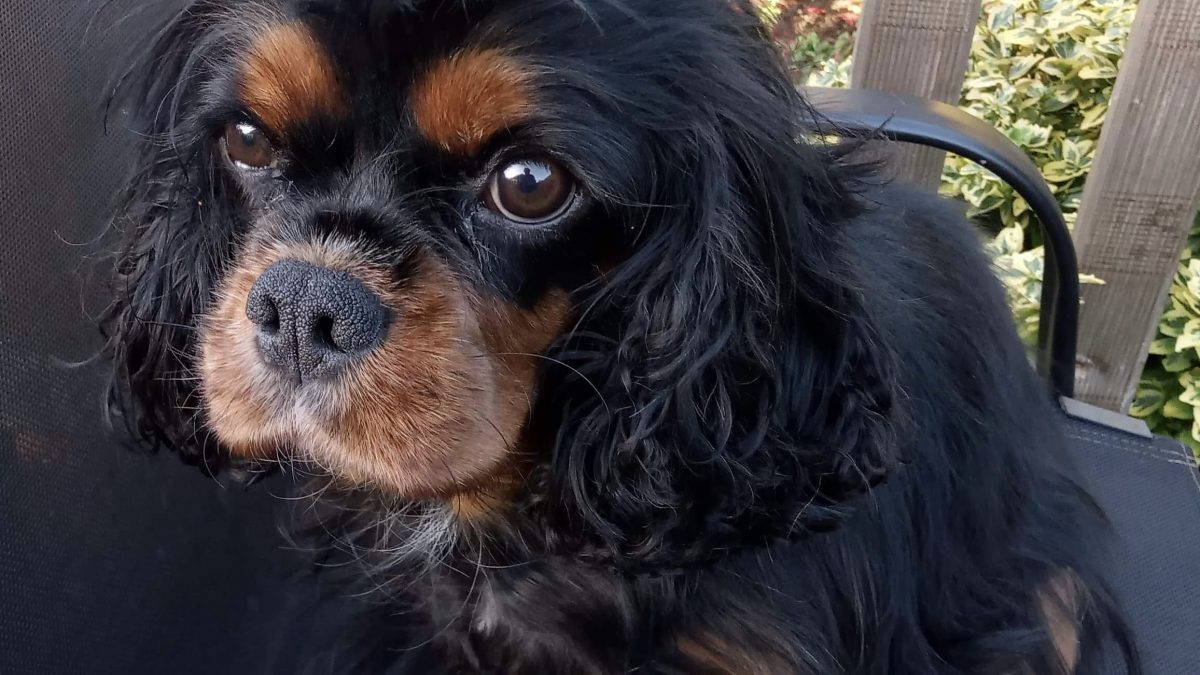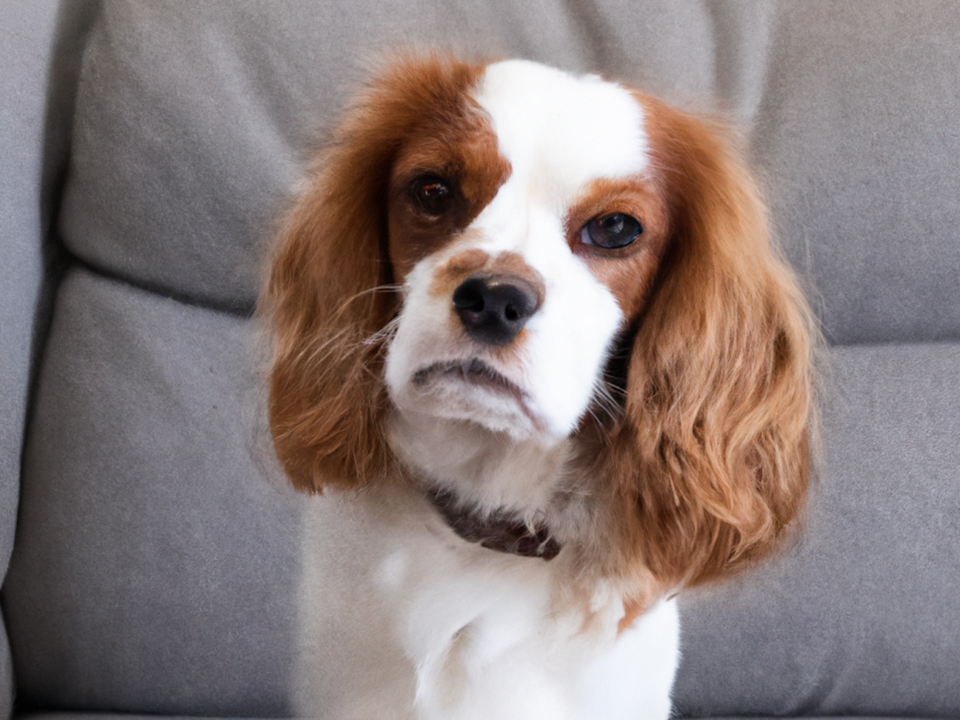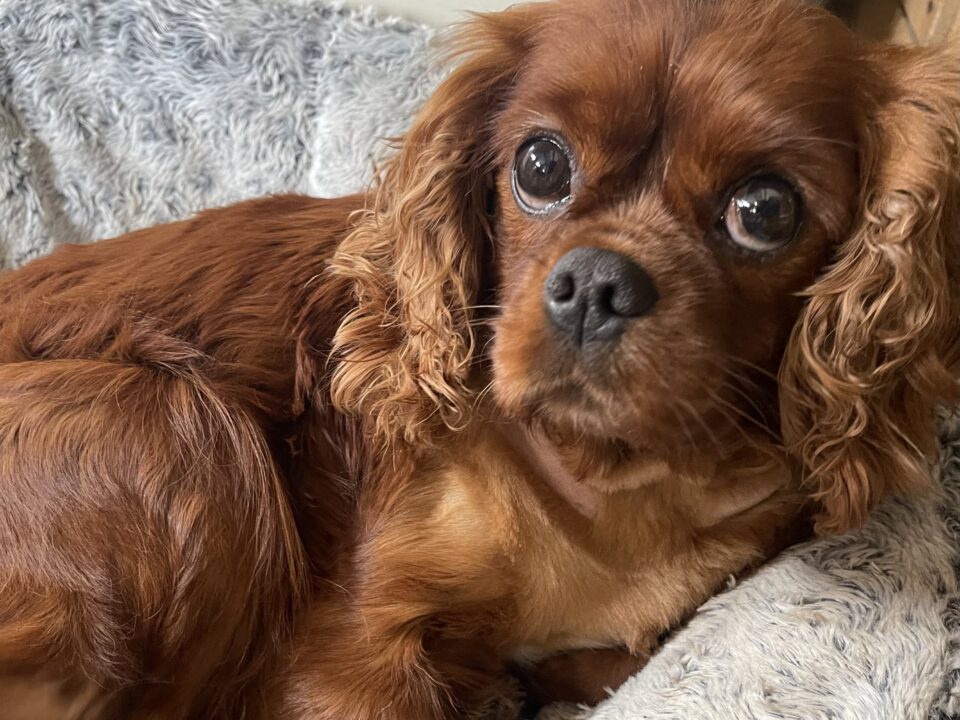Rescue Dog Compatibility

Bliss Cavalier Rescue Petplan Charity Team Of The Year Nomination
11 December 2020
The reality of living on a puppy farm- are you sure your new puppy isn’t bred here?
18 December 2020When applying for one of our rescue Cavaliers we ask you to read each dogs biography very carefully before proceeding, why do we do this?
So often we see comments from hopeful applicants that have only seen a photograph of a Cavalier such as ‘’They look perfect for me’’. A photograph alone does not give the full picture of the dogs needs.
Every single Cavalier that is in rescue has a different personality and very different needs. Some may be laid back and only need 45 minutes of exercise a day, others need in excess of 90 minutes. Some may have behavioural issues including aggression, resource guarding or separation anxiety. Some Cavaliers really dislike children and have arrived in rescue for this reason.
We always have to put the dogs needs before any applicants wishes. We must remember, the surrendering owner has entrusted us to find their dog the best possible home.
Assessing the Cavaliers before looking for an adopter
Cavaliers are actually very tricky to assess for rehoming. Due to the very high number of them suffering from Chiari Malformation and/or Syringomyelia (approx. 70%) the process takes longer than many other breeds. The condition is actually sometimes subtle and the symptoms can be difficult to spot, sometimes it is only when the dog is fully settled do they display symptoms clearly for the foster carer.
Dogs actually hide pain very deliberately and the condition is not something a vet is likely to spot during a 15 minute consultation unless very severe. The foster carers have to make notes of these subtle symptoms to report to the vet, there then is a period where different medications need to be trialled. If we miss these symptoms then it is possible the dog will suffer in pain for the rest of their lives so it is absolutely imperative we do our absolute best to spot this.
We carry out a full behavioural assessment on every Cavalier that comes into rescue. This is to ensure we find them the right home, we absolutely never want Cavaliers to be returned into rescue and must get things right the first time.
Included in the behavioural assessment are things like-
- How do they greet visitors in the home?
- On walks how do they greet people and other dogs?
- If left for a short time do they become anxious?
- Do they enjoy playing with toys- if so which toys?
- Do they display any resource guarding behaviours?
- How do they behave at the vets?
The list is approx. 30 questions long, from this it is quickly decided if we need to enlist the help of a behaviourist or if the dog would benefit from longer term training in their new home.
Cavalier health conditions
Cavaliers very commonly have serious and expensive health conditions, many rescue dogs have pre-existing conditions that are not covered by insurance policies. If an MRI would be needed in the future it would cost in excess of £2000, a cardiology work up is £600+ and these things are very common procedures needed for Cavaliers.
There is also medication to consider, heart medication is for life and can be £60-80 a month which will increase as heart disease progresses. 90% of Cavaliers will have Mitral Valve Disease by the age of 10.
Luxating knees and hip dysplasia are also seemingly very common in Cavaliers. A knee surgery on average costs £1500-£4500, a hip replacement upwards of £6000.
We aim to tell you as much as possible about their health status while in rescue so you know what to expect, but other things can and do of course pop up in the future. As an adopter you are expected to continue to standard of veterinary care we follow, if a dog needs specialist care then it will need to be continued.
Writing the dogs biography
When you see each dog listed on our website and social media please know a lot of thought has gone into their biography. The biography is a joint effort based on the above mentioned behaviour report, the foster carers experiences, the veterinary report and veterinarians experience with the dog and a lengthy discussion with the adoption team.
Every aspect of the biography has been carefully considered so we get suitable applicants completing application forms. It is so important to very carefully read the biography, it is to ensure the dog gets the best possible home.
The application form
When filling in the application form we ask a lot of questions about you and your family, your home, the animals you currently have in your home and your previous breed experience. The questions must be answered thoughtfully and honestly.
This gives us an idea of the type of dog that would suit your lifestyle. For example, many dogs cannot be rehomed without another confident dog already in the home. On the other hand some would prefer to be the only dog in the home. Some have happily lived with cats, others would chase and hurt them.
We ask if your resident dogs are neutered, this is extremely important. We do not rehome rescue dogs into a home with dogs that are not neutered unless there is a valid medical reason, in this case we request a letter from the applicants veterinarian.
Many of the rescue dogs need their own garden, some need to be lead trained due to never being walked for example.
We need to know if you have children or visiting children and their ages. This is to protect both the children and the rescue dog. As mentioned above we have many Cavaliers that come into rescue as they do not like children at all and may have shown aggression towards them. We have a duty of care to you, the dog and any visitors to your home.
We need to know if you work and your working hours- we then go on to check these. Dogs should never be left for longer than a short time, dogs with separation anxiety could be extremely upset being left at all until they have an established routine.
We ask if you are going to get insurance for your potential rescue dog, this is very important if you do not have vast savings in place. Remember, the insurance will not cover any pre-exisiting conditions so these must be budgeted for and affordable for you.
The home check
The home check is a crucial part of the adoption process. Inviting us into your home helps us understand if it is the right place for the dog you have applied for. We check your home and garden is a safe place for the dog. We also at this point can cover any questions you may have prior to any final decision being made.
As Cavaliers are a very expensive breed to own in terms of grooming and veterinary bills we at this point cover this aspect. A young Cavalier with no health problems will cost £45+ a month to insure, an older Cavalier can be in excess of £100 a month and any pre-existing conditions will not be covered.
We do offer 4 weeks free Petplan insurance for rescue dogs under the age of 8 years, you will be given the opportunity to continue this insurance.
The final decision
As a team we make the final decision for each dog. We do our final checks and a discussion takes place between the foster carer and the adoption team.
If you are unsuccessful and would like feedback you may of course ask.
Please be mindful it takes a lot of hard work from our volunteer team from the day the dog arrives in rescue to the day they are adopted. A lot of thought, time and effort is needed and decisions are not taken lightly. We always wait until the perfect adopter arrives, we don’t just pick the first person to come along.
We do not keep a waiting list as every dog is so different, we only ever want what is best for each dog that comes into our care. The dogs remain our responsibility for the rest of their lives.




